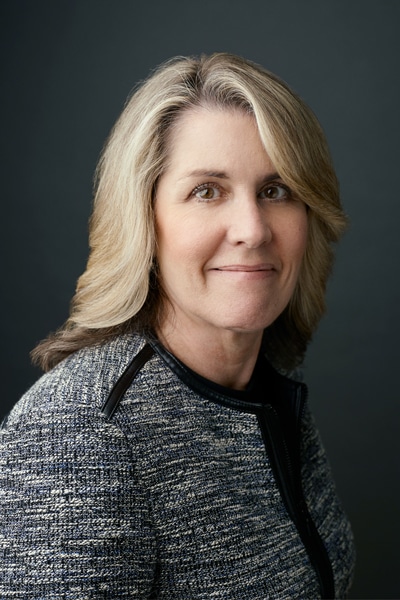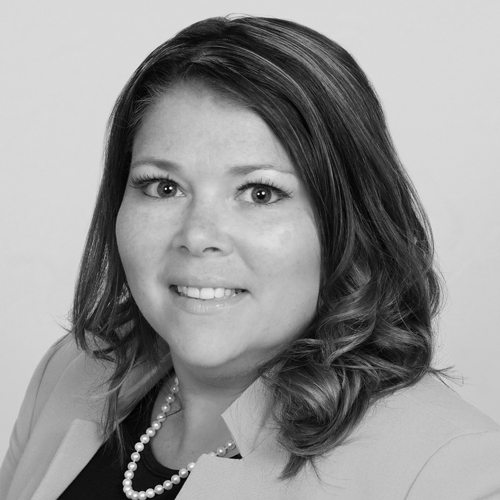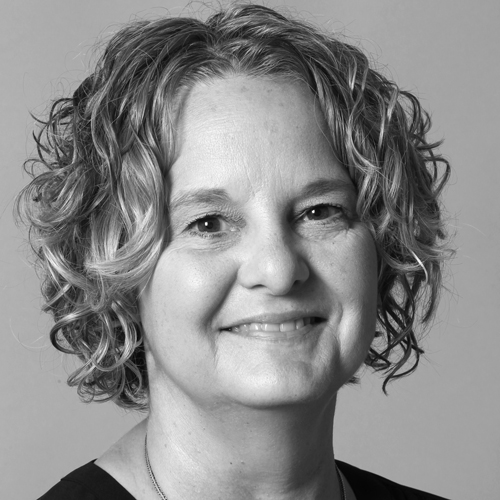
Lisa Paul isn’t an expert at aligning strategy with culture by happenstance. On the contrary, she’s an expert because she decided to be one.
The current executive vice president of human resources for the optical design and manufacturing company Oclaro, which recently signed an agreement to be acquired by California-based Lumentum, says that her expertise wasn’t a result of picking the perfect school or path that would most likely get her on a fast career track. Instead, it’s the result of her desire to constantly be challenged and learn.
“I’m not a good person in a status quo position,” Paul says with a laugh. “If I get in those positions, then I change them. I’m always after something new.”
Paul’s résumé is indicative of professional reflection and the desire to wade into untested waters in order to continue to be challenged and find new ways to grow and transform businesses through people and strategic integration for companies of varied sizes and backgrounds. She says a reoccurring theme that has followed her on her career path boils down to acquisition and integration.
From an HR perspective, the success or failure of these integrations is the difference between a dream-come-true and an unrelenting nightmare. The people caught in the middle of an integration, Paul believes, are often forgotten in the wake of more black-and-white planning. It’s where Paul has found success in helping companies focus on people, process, and culture.
However, working to improve the people portion of that integration is difficult, Paul says, because of the challenge in quantifying often seemingly unquantifiable characteristics and abilities. As a result, they’re often left unaccounted.
“In the Industrial Revolution days, you’re figuring out how to produce a certain number of widgets as fast as possible on an assembly line; it’s fairly formulaic,” Paul says. “In the age of knowledge, you don’t have a clean accounting of skills and capabilities. It’s the most difficult of decisions and the most critical, so getting people to spend enough time in that area is really difficult.”
Throughout her career—including previous tenures at Sun Microsystems, Cisco Systems, and Flextronics—Paul has discovered that learning to accept that uncertainty is essential in a successful acquisition process. Sometimes, it comes down to taking risks on mixing talent and other processes.
“It makes people uncomfortable because it’s not as easy as figuring out the formula for the combined revenue or gross margin,” Paul says. “It’s getting people to engage, stay focused, and make decisions, while also understanding that there’s no perfect answer.”
Coming to Oclaro provided Paul with what with she refers to as the best experience in being able to see her own work reflected in the company’s redirected focus. She joined Oclaro after the company had come back from being on the edge of bankruptcy and was beginning a turnaround. Paul was working to move the company into a growth mind-set. Oclaro was essentially a company composed of acquired companies, and a true company turnaround would mean a united vision and purpose.
A three-year strategic planning process was initiated to focus on growth. To support the three-year strategic plan, Paul and her team brought in fifty of the company’s top leaders from around the world—including from Japan, the UK, and Italy—to UC Berkeley Executive Education at the Haas School of Business for an effort that focused on developing strategic capabilities to drive and deliver on Oclaro’s priorities, improve collaboration, lead change with a growth and global mind-set, and question the status quo.
“This was bringing everyone here and getting them into a learning environment, as well as doing it with support and a learning framework,” Paul says. “That helped us think differently and explore together what this strategy really means and how we might approach it.”
The following year’s strategic plan included the experience from UC Berkeley, and the “One Oclaro” framework was born a multifaceted initiative that streamlined and defined Oclaro’s culture and vision. The executive team and key leaders then shared the plan with employees around the world through focus groups and roundtables. That unification was not only successful, but it also completed Oclaro’s turnaround. Once a company on the verge of bankruptcy, Oclaro is now combining with its main competitor, Lumentum, to drive market scale.
Paul says she took the job at Oclaro knowing consolidation was inevitable, but for her, it was worth the experience. “It’s important to celebrate the good work that’s been done, because it wouldn’t have been possible three years ago,” Paul says.
Oclaro also provided Paul a return to a smaller company after spending time in large organizations. It was a chance that she relished to re-examine leading integration efforts on a more personal scale. “How do you solve some of these requirements when you don’t have critical mass or expertise? For me, I am all about learning through experiences and utilizing resources,” she says.
That means cultivating and maintaining a personal network that Paul says has paid off exponentially. Paul served on the board of directors and was president of the Northern California Human Resource Association. She is also on the advisory board for Emtrain, an employment and online learning and enterprise training system company. She sees strength in learning from others who are experts in their own right and sharing her experience.
“The speed of business, especially in tech, is so fast. The one thing we do all have in common is that change is a constant, and there’s no one right answer,” Paul says.
Learning to embrace change, Paul says, is another lesson she continues to learn time and again. As she eyes the future, Paul says she’s confident that her need to continue to challenge herself will land her where she prefers: a company looking to transform. “I like the challenge of figuring out how to put the puzzle pieces together and move forward,” she says.
UC Berkeley Executive Education congratulates Lisa Paul for her transformational work at Oclaro. It has been a pleasure to partner with her to shift to a “One Oclaro” culture and develop leaders that question the status quo, drive change, foster innovation, and lead with a global mind-set.
Photo: Jeff Singer

